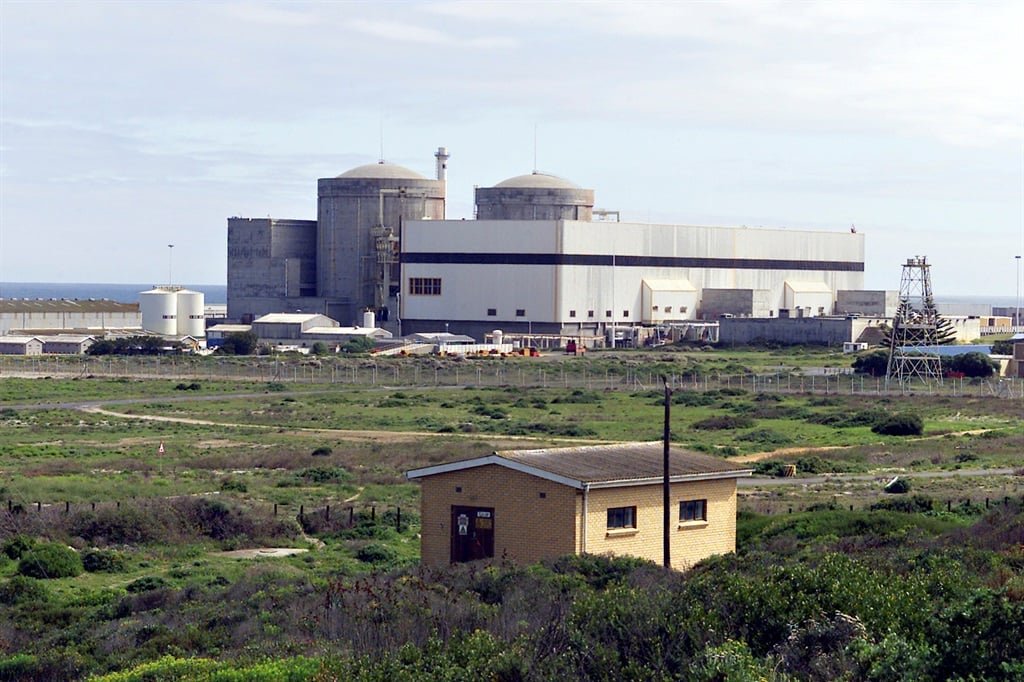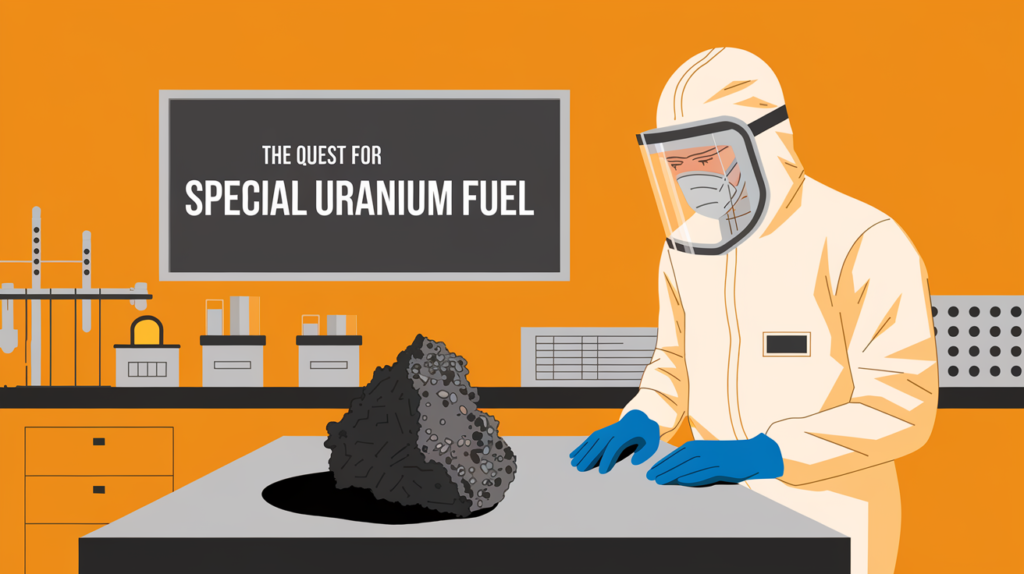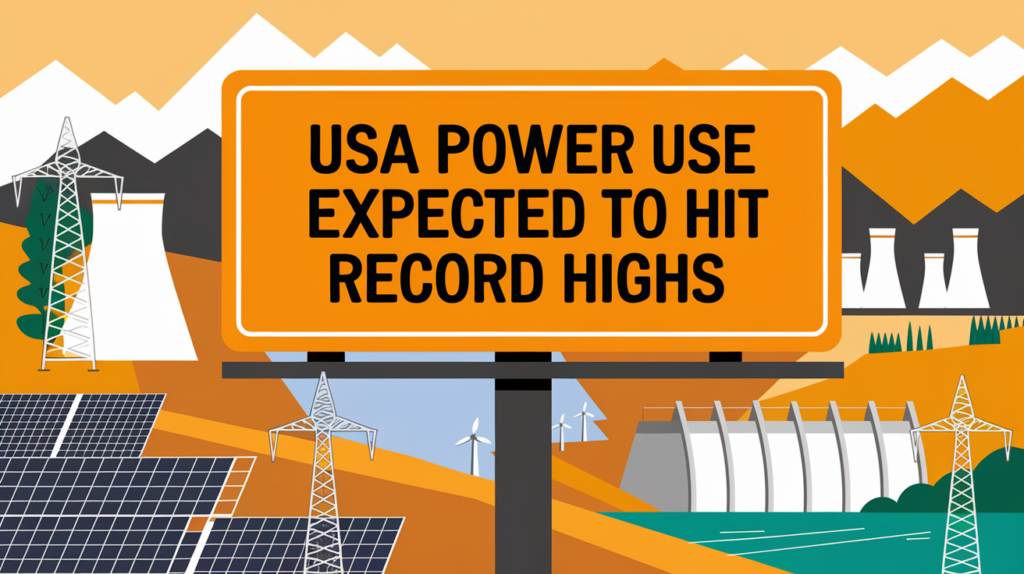South African nuclear concerns have escalated following the unexpected shutdown of Unit One at the Koeberg Nuclear Power Station earlier this month. Environmental activists opposing the expansion of nuclear energy in South Africa and the extension of Koeberg’s operational life are raising serious questions.
According to Eskom, Unit One was shut down on September 11 due to a failure in one of the isolation/block valves during routine testing. The shutdown was necessary to restore the redundancy of the steam pressure relief system, following Eskom’s operating technical specifications. The South African nuclear sector is under scrutiny.
“This latest outage demonstrates the ongoing issues we can expect from nuclear power in South Africa, including frequent unplanned shutdowns, delays, and a lack of transparency around actual costs,” said Lydia Petersen, spokesperson for the Koeberg Alert Alliance. This group has long opposed the construction of additional nuclear reactors at Koeberg.
Koeberg has historically struggled with reliability, being offline roughly 28% of the time throughout its operational lifespan. Unit One was scheduled to reach the end of its life in July, but the nuclear regulator extended its license for another 20 years just days before that deadline. Environmental groups have appealed this decision, citing concerns about the approval process’s secrecy. The South African nuclear debate intensifies.
Meanwhile, Kgosientsho Ramokgopa, South Africa’s Minister of Electricity and Energy, recently withdrew a ministerial determination that would have paved the way for new nuclear power development following challenges from environmental groups questioning its fairness and legality.
Despite these setbacks, Ramokgopa remains committed to nuclear energy. Earlier this month, he reiterated the government’s plan to develop 2,500 megawatts of nuclear power as part of the country’s broader energy transition, which also includes wind, solar, and hydropower. Ramokgopa dismissed opposition to nuclear energy as being driven by “emotionally charged lobbyists,” emphasizing that the country would “follow the science.” The future of South African nuclear energy is at a crossroads.
Koeberg’s latest shutdown—at a time when it is generating approximately 405 megawatts, according to Eskom spokesperson Daphne Mokwena—has raised new concerns among critics.
“This unexpected shutdown brings into question the sustainability of relying on aging nuclear infrastructure,” Petersen said. “Given that this occurred so soon after the issuance of a new 20-year license, it also raises concerns about whether the necessary upgrades and safety measures were adequately addressed.”
Eskom stated that all required protocols were followed during the shutdown. “Koeberg Unit 1 was safely shut down on September 11, 2024. At no point was the safety of the plant, staff, the public, or the environment at risk,” said Mokwena. She added that the unit would be back in service by the end of the week, and all relevant stakeholders had been informed in accordance with established procedures.
However, Hartmut Winkler, a physics professor at the University of Johannesburg, expressed skepticism. “Shutdowns happen at all power plants, but the timing of this one—after a major refurbishment less than a year ago—has raised eyebrows,” Winkler noted. He also criticized Eskom for not initially disclosing the shutdown, which was only revealed after it was leaked to the media.
Winkler and the Koeberg Alert Alliance both raised concerns about the financial feasibility of expanding nuclear power. Winkler argued that South Africa should instead focus on renewable energy sources like wind and solar, which have become more cost-effective and reliable with advances in energy storage technology.
“Nuclear energy is no longer financially competitive with renewables, and improved storage technologies have mitigated the intermittency issues once associated with solar and wind,” Winkler said. “New nuclear projects typically take over a decade to complete and often exceed initial cost projections. While I don’t oppose extending Koeberg’s life if it’s done properly and within budget, I see no future for new nuclear builds in South Africa’s energy landscape.”
Environmental groups have also pointed to the stability of electricity supply in the Western Cape, despite Koeberg’s reduced output, as evidence that the plant may no longer be essential. Eskom, however, insists that its operational recovery plan has ensured sufficient generation capacity, with emergency reserves available to manage demand fluctuations.
Winkler emphasized that decisions regarding nuclear power should be guided by scientific and financial evaluations. “Minister Ramokgopa should not prematurely advocate for nuclear expansion. Instead, we need a thorough scientific and economic analysis to inform a revised Integrated Resource Plan for Electricity,” he said.
Ramokgopa has already dismissed the previous draft of the Integrated Resource Plan, which was released last year and criticized for flawed assumptions and inaccurate modeling. Winkler urged that any decisions on Koeberg’s extension or future nuclear projects be based on rigorous, professional evaluations.
Stay updated by subscribing to our email newsletter:
Contact us for media inquiries by clicking here.





